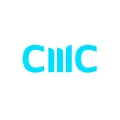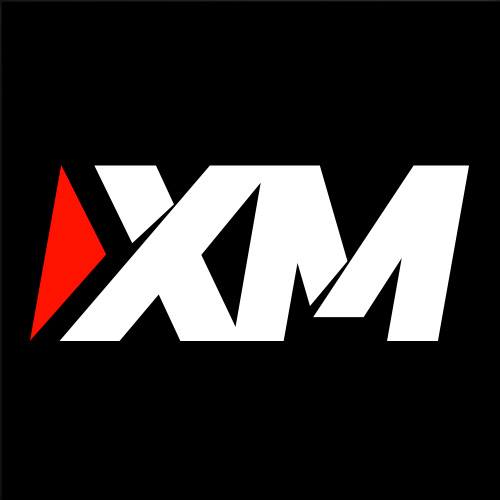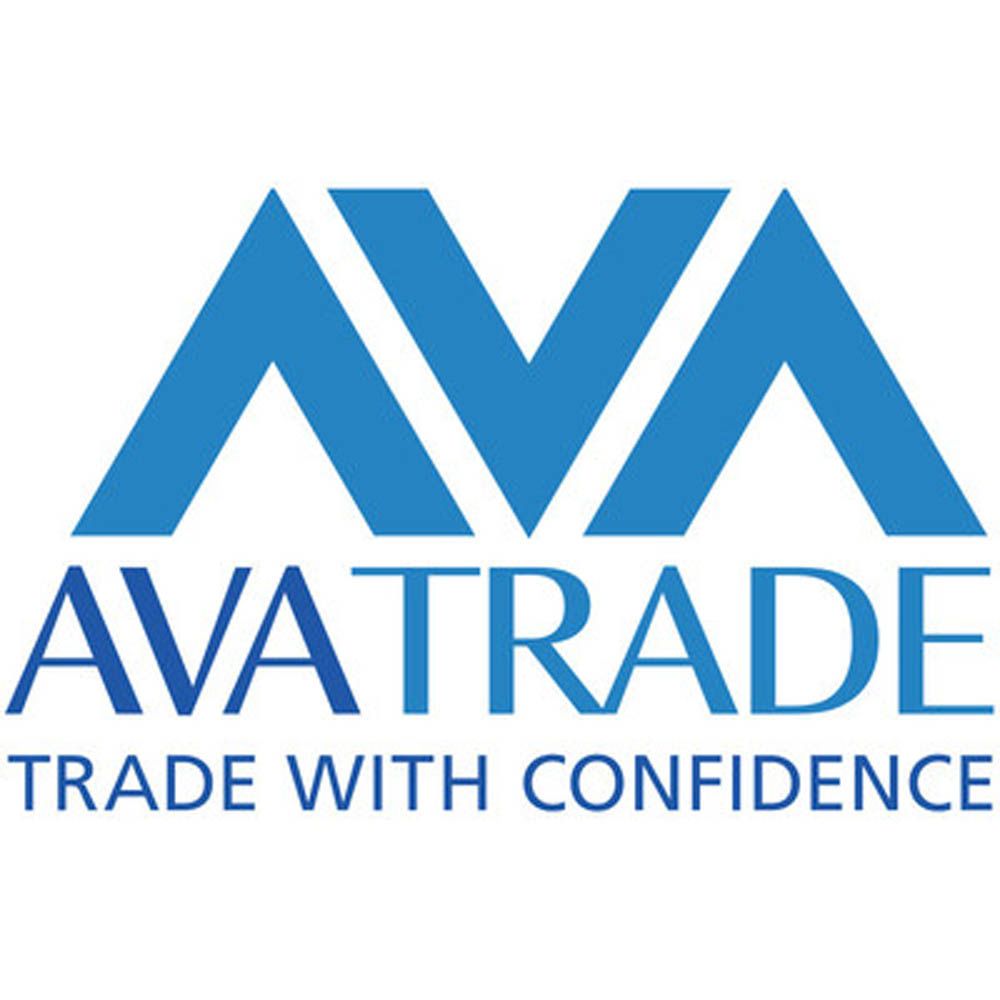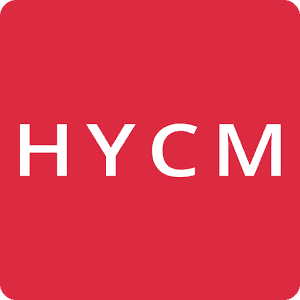Selecting the right Forex broker has never been easy. It’s especially challenging now as local companies go global and the pool of brokers to choose from expands. Brokers vary in terms of fees, regulations, minimum initial investment requirements, and more. We have compared 5 well-established forex brokers to make choosing easier for you.
Here are our top picks for today’s comparison:
- XM - Reputable broker with extensive educational material.
- Pepperstone - Highly regulated broker that offers cTrader platform in addition to MT4 and MT5.
- Capital.com - Gives you access to a huge number of tradable instruments.
- AvaTrade - The safest broker out there regulated by a large number of regulatory bodies.
- HYCM - Broker with great customer support that’s available 24/5.





 XM was founded in 2009 and has managed to grow very fast. The broker has 5+ million clients from all over the world. XM offers a vast amount of educational material including webinars, e-books, analytical content and more. The material is aimed at both beginners and professional traders. XM offers MetaTrader 4 and MetaTrader 5 platforms, both of which are widely used in the industry. Using these platforms you can trade more than 1,200 instruments including 55 FX pairs, 1000+ Share CFDs, 5 Cryptocurrencies, 14 Indices and 8 commodities.
XM was founded in 2009 and has managed to grow very fast. The broker has 5+ million clients from all over the world. XM offers a vast amount of educational material including webinars, e-books, analytical content and more. The material is aimed at both beginners and professional traders. XM offers MetaTrader 4 and MetaTrader 5 platforms, both of which are widely used in the industry. Using these platforms you can trade more than 1,200 instruments including 55 FX pairs, 1000+ Share CFDs, 5 Cryptocurrencies, 14 Indices and 8 commodities. Pepperstone is an Australian born, highly regulated forex broker. The company is regulated by top tier financial institutions such as Australian Securities & Investment Commision (ASIC), Financial Conduct Authority (FCA) and others, which makes the broker an extremely trustworthy partner.
Pepperstone is an Australian born, highly regulated forex broker. The company is regulated by top tier financial institutions such as Australian Securities & Investment Commision (ASIC), Financial Conduct Authority (FCA) and others, which makes the broker an extremely trustworthy partner. Capital.com offers a huge number of tradable asset classes ranging from Forex pairs to Stock CFDs. You can buy or sell more than 6,500 instruments. The broker is regulated by the Financial Conduct Authority of the UK (FCA), Australian Securities and Investments Commission (ASIC), and others.
Capital.com offers a huge number of tradable asset classes ranging from Forex pairs to Stock CFDs. You can buy or sell more than 6,500 instruments. The broker is regulated by the Financial Conduct Authority of the UK (FCA), Australian Securities and Investments Commission (ASIC), and others. AvaTrade was established in 2006. The company’s headquarters are located in Dublin, Ireland.
AvaTrade was established in 2006. The company’s headquarters are located in Dublin, Ireland. HYCM has been providing trading services since 1998. The broker is from the United Kingdom and has been under strict regulations for more than 20 years. The broker is regulated by the Financial Conduct Authority (FCA), Cyprus Securities and Exchange Commission (CySEC), and others.
HYCM has been providing trading services since 1998. The broker is from the United Kingdom and has been under strict regulations for more than 20 years. The broker is regulated by the Financial Conduct Authority (FCA), Cyprus Securities and Exchange Commission (CySEC), and others.